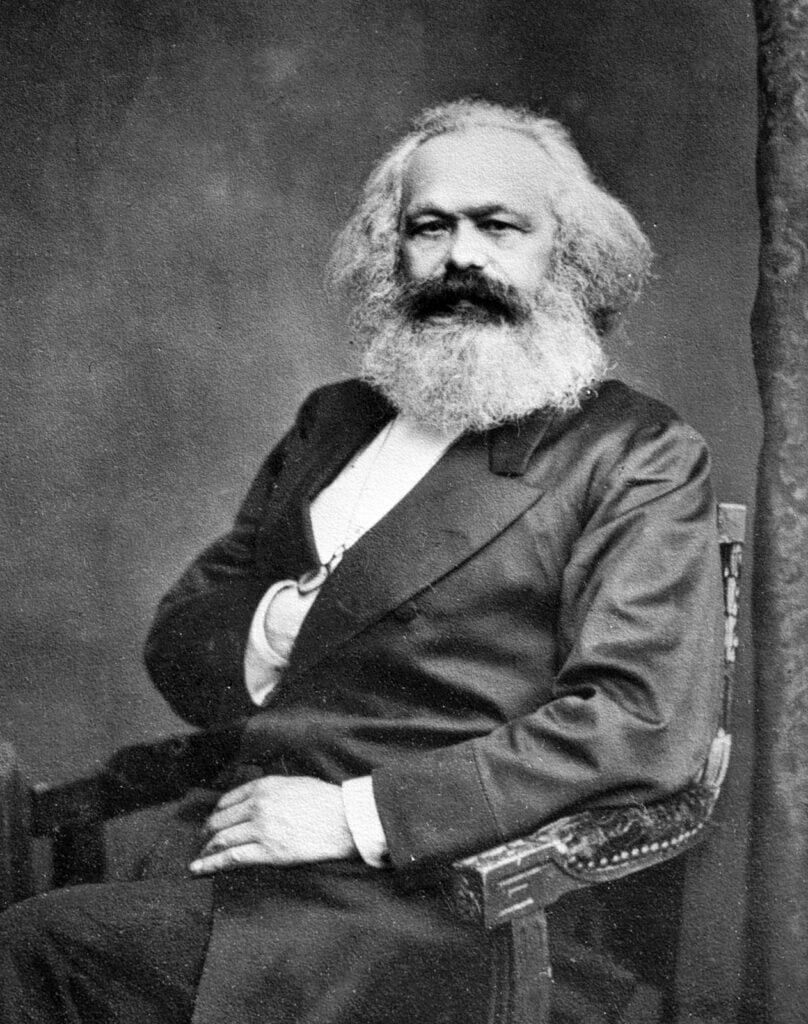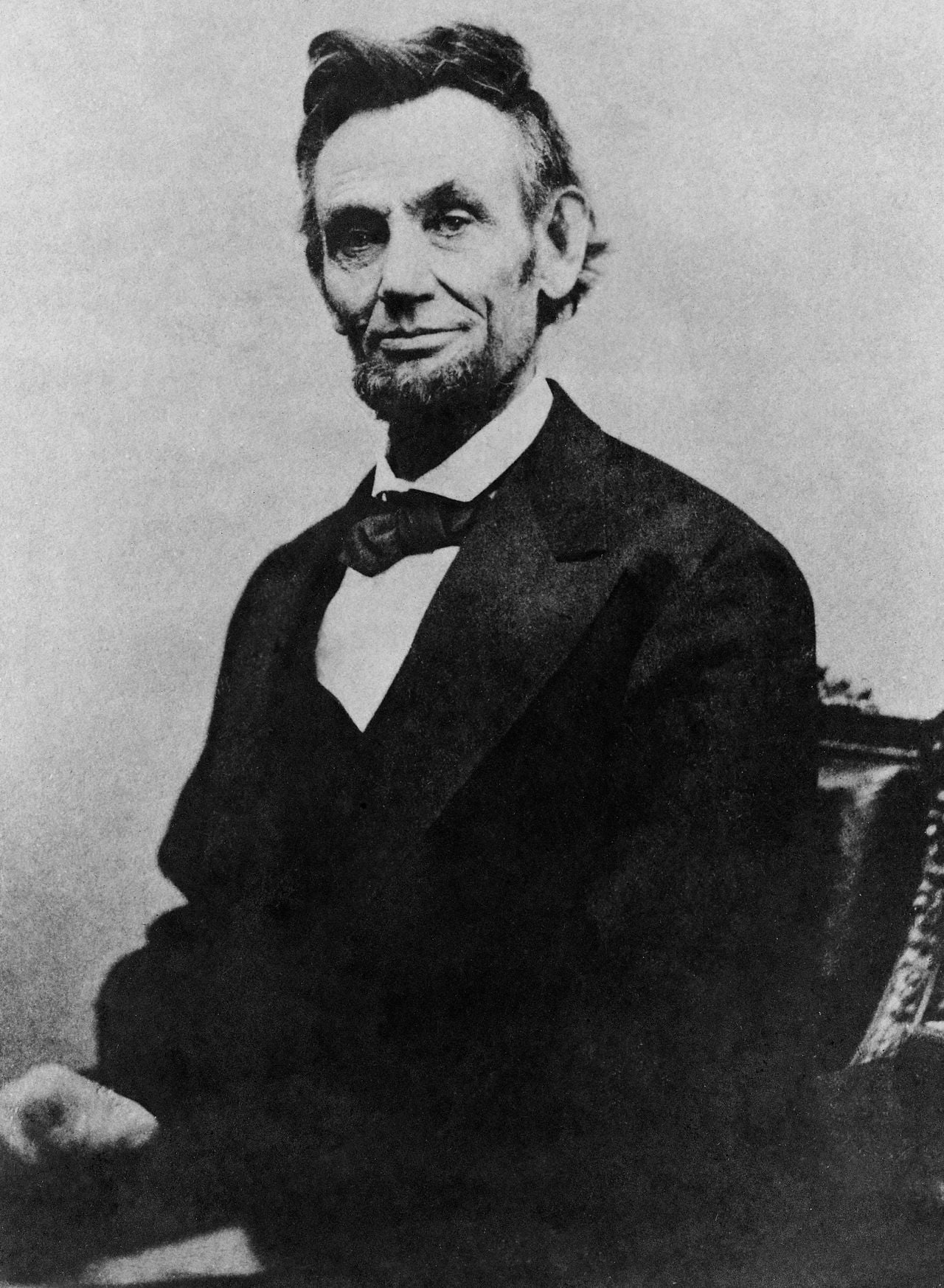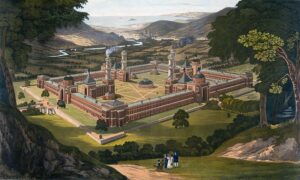Karl Marx and Abraham Lincoln
Marx, the infamous German political theorist and philosopher behind the “Communist Manifesto”, was a well-known admirer of Abraham Lincoln. In 1864, he sent Lincoln a letter.

exc-5c5e01ccec212df2da04098f
In the 1860s, Abraham Lincoln was both an admired and despised figure. Some of his supporters included influential minds of the 19th Century like Leo Tolstoy, Walt Whitman, and political leaders throughout Europe.
In 1861, most European statesmen believed it was impossible for the Union to regain over 750,000 square miles. Lincoln proved them wrong.
By the time Abraham Lincoln was assassinated, Europeans hailed Lincoln as a hero. Lincoln was able to hold together a divided country while working toward the abolition the inhumane act of slavery.
“The blow is sudden, horrible, irretrievable,” wrote the London Evening Standard. “Never, since the death of Henry IV [of France] by the hand of Ravaillac—never, perhaps, since the assassination of Caesar—has a murder been committed more momentous in its bearing upon the times.”
Karl Marx
Marx, the infamous German political theorist and philosopher behind the “Communist Manifesto”, was also a well-known admirer of Abraham Lincoln.
Abraham Lincoln was possibly aware of Marx and his writings. Marx by 1852, was a correspondent for the Republican, New York Daily Tribune. Marx wrote about global and American issues. In 1862, he even argued that Union armies should focus on splitting the confederacy in two, a strategy that eventually ended the war. (Grant probably reached the same conclusion before Marx).
Marx on behalf of the International Working Men’s Association, wrote to Abraham Lincoln in November 1864.
While the workingmen, the true political powers of the North, allowed slavery to defile their own republic, while before the Negro, mastered and sold without his concurrence, they boasted it the highest prerogative of the white-skinned laborer to sell himself and choose his own master, they were unable to attain the true freedom of labor, or to support their European brethren in their struggle for emancipation; but this barrier to progress has been swept off by the red sea of civil war.
The workingmen of Europe feel sure that, as the American War of Independence initiated a new era of ascendancy for the middle class, so the American Antislavery War will do for the working classes.
Lincoln responded through the ambassador to London saying he was grateful to receive support from “friends of humanity and progress throughout the world.”
Whether Lincoln knew of Marx’s Daily Tribune articles is unknown. It’s just another interesting footnote in history.
Fun fact: Karl Marx once thought about immigrating to the Republic of Texas.





1 thought on “Karl Marx and Abraham Lincoln”